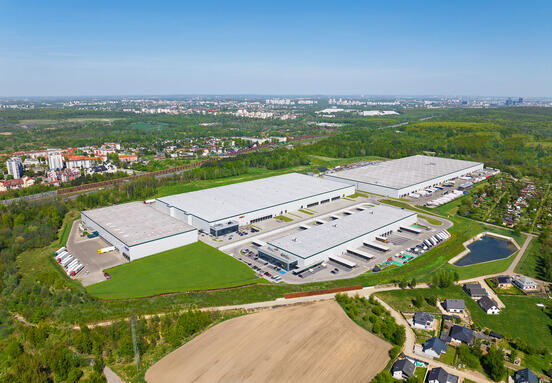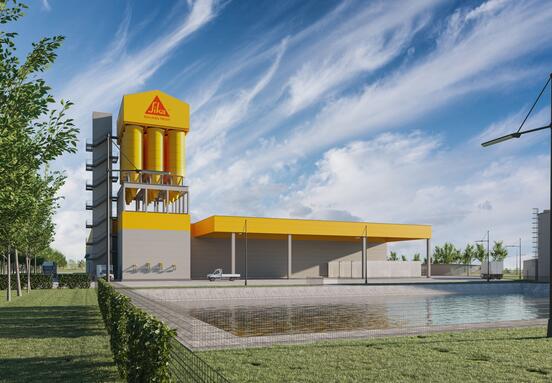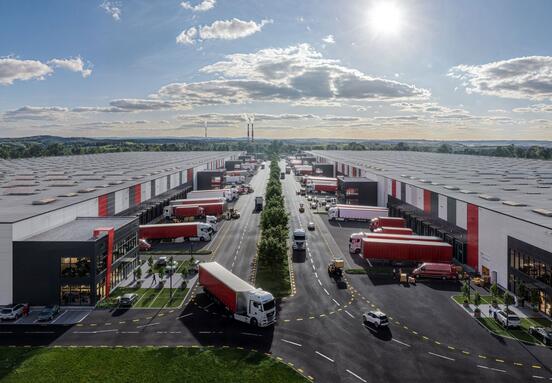According to Savills' latest research, Poland’s total industrial and warehouse stock was 28.3 million sqm at the end of 2022. With 3.4 million sqm under construction, the 30 million sqm mark is expected to be surpassed in mid-2023.
Last year saw 4.4 million sqm of modern industrial and logistics space come on stream, with the largest volumes of new supply recorded in Central Poland (643,600 sqm), Upper Silesia (539,600 sqm) and Western Poland (532,500 sqm). The biggest completion was Zalando Lounge’s BTS facility with a total area of 104,400 sqm, developed by Hillwood in Bydgoszcz. Savills estimates that 2023’s new supply is likely to fall to around 2.6-3 million sqm.
Despite the economic downturn, warehouse demand weakened by just around 9% in 2022 compared to the historic peak posted in 2021. Last year’s total take-up amounted to close to 6,690,000 sqm - the second-highest result for tenant activity in the history of the Polish warehouse market. As a result, Poland continues to be ranked in the top three European markets, behind Germany and the Netherlands - its long-standing competitor for second place.
“The current macroeconomic situation, the internal conditions on some logistics markets and the strong occupier demand are likely to lead to a supply gap in the space of the next year or so. This will mean tougher negotiations of warehouse and industrial rents which have increased significantly since the beginning of last year, soaring by 20-30% in some locations, and less flexibility in the choice of suitable warehouse units,” says Katarzyna Pyś-Fabiańczyk, Head of Industrial Services Hub, Savills.
Despite large volumes of new warehouse supply coming onto the market in the last two years, Poland’s overall vacancy rate continued to trend downwards from 6.6% in 2020 to around 4% at year-end 2022. There is a severe shortage of competitive offers in many locations, except for Western Poland, where high speculative supply levels temporarily pushed vacancy rates to over 10%. Warehouse vacancy rates are below 3% both in Tricity and Kraków, and in the largest markets such as Warsaw Suburbs and Poznań.
“We anticipate that the overall vacancy rate will be hovering around 4% throughout 2023. As a result, we will see a steady upward growth in rents in the most sought-after, prime locations. Unless the current macroeconomic situation is hit by any further unexpected turbulence leading to a deeper economic downturn in Europe and globally, demand for warehouse space will remain steady despite multiple challenges currently being faced by manufacturing and e-commerce, which have for years been the key drivers of the market’s growth. Land scarcity is, however, likely to benefit emerging markets and secondary urban facilities suitable for redevelopment. Rising energy prices will further intensify the growing trend towards ESG,” concludes Katarzyna Pyś-Fabiańczyk, Savills.
Source:property-forum.eu








